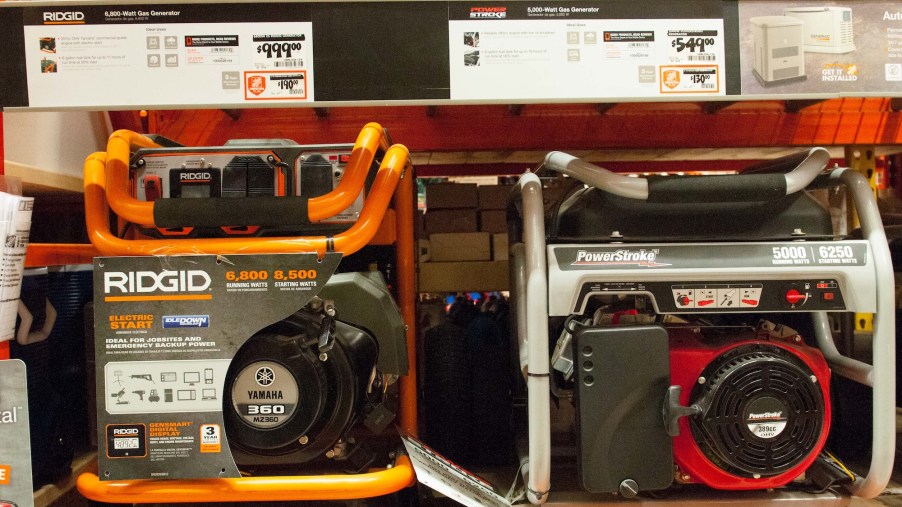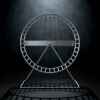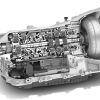
Recall Alert: These Recreational Generators Could Catch Fire
If 2020 was the year of the camper, 2021 is shaping up to be the year of the recall. With so many components that make up the interior and exterior of an RV, some things might fail. They include refrigerators, stoves, AC units, and, in this case, recreational generators. Because electricity is a luxury when camping, recreational generators are among the most prized RV accessories.
However, most campers don’t come with generators. Though used models might already have one installed, buyers of new rigs have the opportunity to take their pick. If you invested in a recreational generator recently, check the label. If it’s an Echo model, read on.
What are recreational generators, and who needs them?

A recreational generator is what stands between you and roughing it in the woods. Though this machine will not power a home’s hardwired appliances, it can run your RV’s AC, TV set, and Wi-Fi. Although most RV parks now offer electrical hookups on a first-come, first-served basis, they limit your ability to travel deeper into the woods. There, you most likely will not have any hookup.
A good-quality recreational generator produces between 1,600 and 2,000 watts, Consumer Reports says. But some now run 3,500 watts, Outdoorsy reports. This appliance sits in an outside-facing compartment. From there, it connects to a 120-volt fuse that lets you power all the creature comforts that require electricity.
It also connects to a converter that turns AC to DC, which lets you operate your RV’s lights and water pump. Depending on your camper’s setup, you likely have a one- or two-battery system that supports these functions. It lets you run a scaled-down set of appliances when you don’t want to turn on the generator.
It’s interesting to note that some manufacturers are trying to give you more flexibility by letting you plug in an external solar port like the Airstream Basecamp travel trailer.
Echo recalls 3,700 models for fire risk
The $850 Echo EGi-2300 is a popular 2,300-watt recreational generator that can power midsize or larger RVs. However, Consumer Reports warns that some models can overheat. That creates a fire hazard and puts consumers at risk of suffering burn injuries. So far, there are four reports of these Echo generators overheating or catching fire.
Although there have been no reports of injuries as of this writing, Echo issued the recall in an abundance of caution. It affects appliances you might have bought on the Home Depot online store or at independent retailers. Possible dates of purchase are February 2020 through June 2021.
If you have an Echo recreational generator, check the model number on the label near the bottom left edge of the side panel. The model is EGi-2300. If you have one, check the serial number. The possible defect appears in machines with serials numbers from EU19483D010001 to EU21021N010180.
Consumer Reports tested the model, but technicians were not able to recreate the failure.
If this recall affects you, the company urges you to stop using the recreational generator right away. Moreover, call Echo at 800-432-3246 or visit echo-usa.com to connect with a support technician. A representative will assist you in getting a free repair of your unit.
Portable generator safety rules
You probably already know that portable generators must remain outside. Because carbon monoxide poisoning is possible, add CO detectors to your smoke alarms. In fact, many newer generators have built-in sensors. Most important, double-check that the appliance’s exhaust faces away from your location and any windows and vents.


